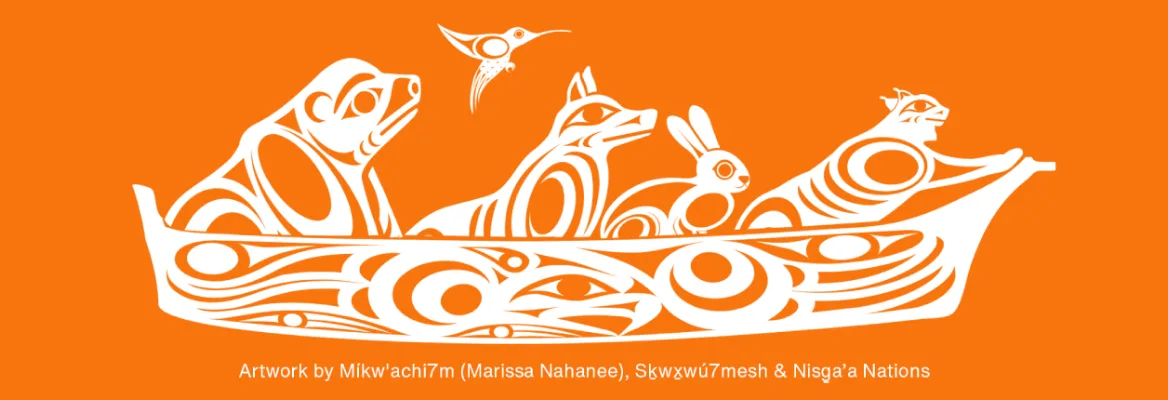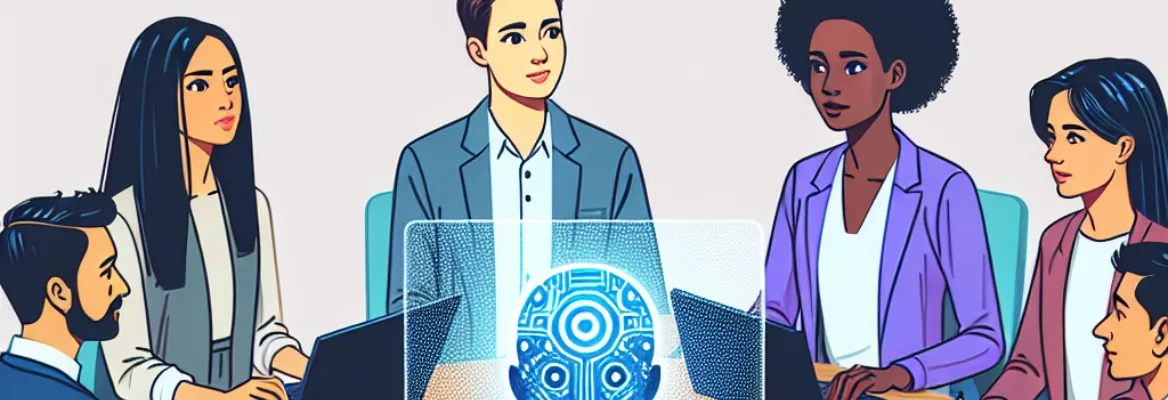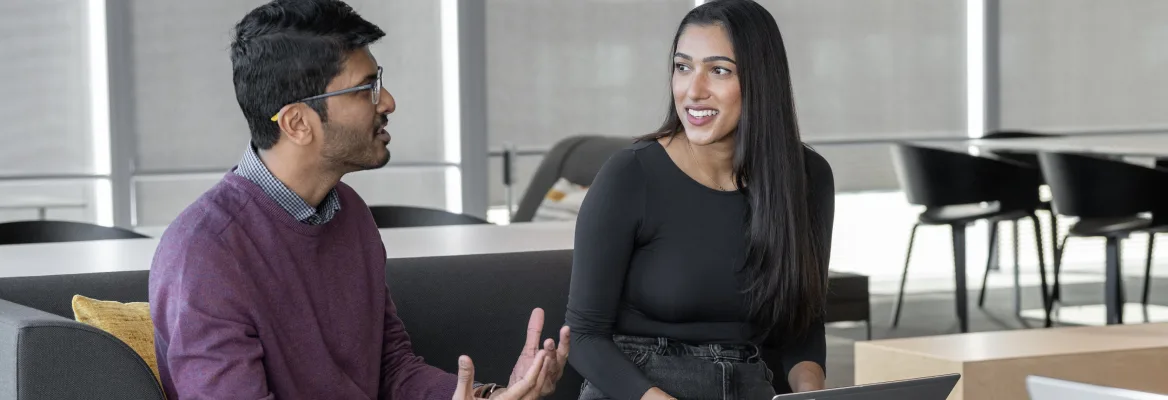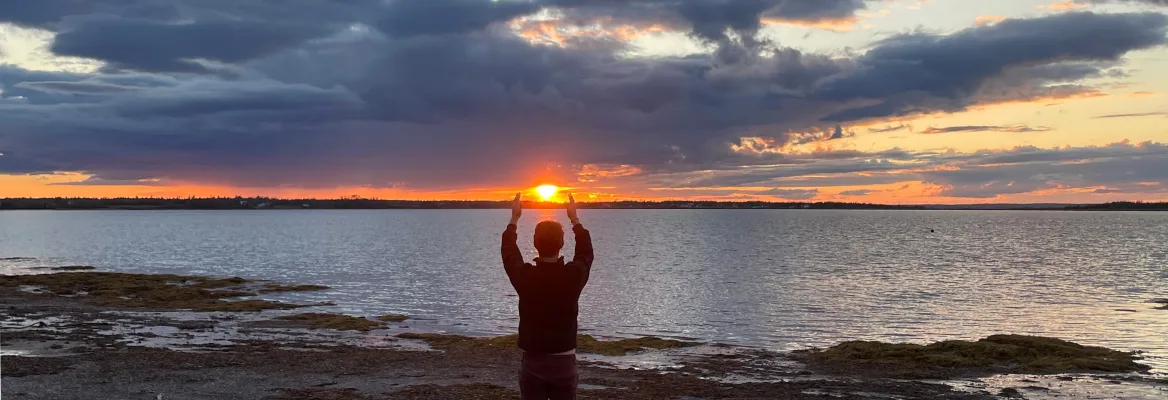Truth Before Reconciliation
Culture · Sep 29, 2021
A few months ago, the federal government passed legislation to mark September 30th – also known as Orange Shirt Day - as the National Day for Truth and Reconciliation.
What does this mean to us as non-Indigenous people living in Canada? More importantly, what does it mean to you?
The horrors experienced by residential school survivors, and the shame felt by those learning of those truths, leave a deep scar in the collective psyche of people living in Canada. Before we talk about Truth and Reconciliation, here is some information about Orange Shirt Day.
What is Orange Shirt Day?
Since 2013, on September 30th, people across Canada have participated in Orange Shirt Day to recognize and raise awareness about the history and legacies of the residential school system in Canada. Orange Shirt Day originates from the story of Phyllis Webstad of the Stswecem'c Xgat'tem First Nation who, as a child, on her first day at the former St. Joseph’s Mission Residential School, was stripped of her Orange Shirt. In Phyllis’ own words:
"When I got to the Mission, they stripped me, and took away my clothes, including the orange shirt! I never wore it again. I didn’t understand why they wouldn’t give it back to me, it was mine! The color orange has always reminded me of that and how my feelings didn’t matter, how no one cared and how I felt like I was worth nothing. All of us little children were crying and no one cared."
Phyllis was amongst many thousands of Indigenous children who were forcibly removed from their homes and deprived of their culture, language, identity and even their own names – in the name of forced assimilation by whatever means. The experiences and truths of the residential school system has been well documented by the Truth and Reconciliation Commission and I encourage everyone to spend some time reading through the archives.
It is up to everyone living on these lands to support Reconciliation and I encourage you to think about how you can support. In my involvement with TELUS’ Eagles Indigenous Resource Group, as well as working within my own community with the Mission Friendship Centre Society, I have been striving to learn more about shared history and how I can support Reconciliation.
Here are some other ways we can all show our support:
Read the 94 Calls to Action.
Purchase an orange shirt directly from Orange Shirt Day Society. Wear it the week of September 27th.
Make a donation to the Indian Residential School Survivors Society (IRSSS) or your local Aboriginal Friendship Centre in support of the healing process.
Focus on your unlearning - listen to TELUS Talks podcast with National Chief Roseanne Archibald, read a book by an Indigenous author, watch Indigenous creators available on the new Optik TV Truth & Reconciliation category.
Most importantly, take time to talk to your family and friends about the day and why it is important.
Truth may be uncomfortable for those just now learning about the shared history of these lands, but facing that Truth must come before we can talk about Reconciliation. I ask all of us to join, as people living on these lands, to seek to understand the Truths, and to take a pledge to take action to progress the path of Reconciliation, that we shall never let it happen to anyone ever again – because Indigenous Lives Matter, and Every. Child. Matters!



